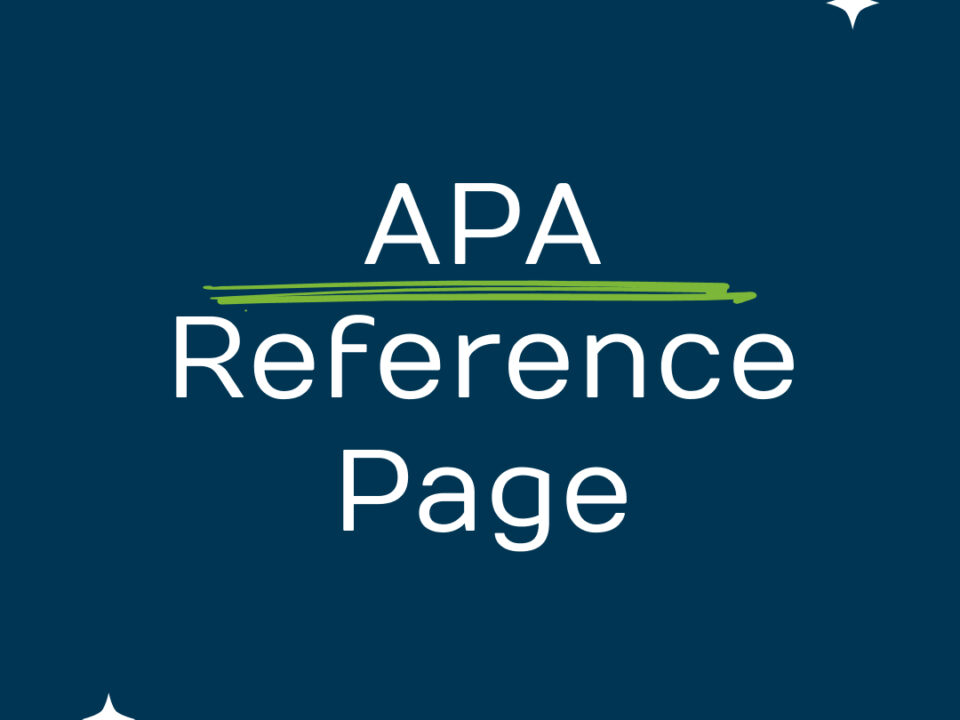Boost Your Resume: The Impact of ISI Papers on Your Career Growth!
December 26, 2024
Open Access vs. Subscription-Based ISI Journals: Pros and Cons
December 26, 2024Picture this: a fresh manuscript lands on your desk, brimming with new ideas and begging to be dissected by your well-trained academic eye. As scholars, the manuscripts we review aren’t just stacks of paper cluttering our desks—they’re potential catalysts for change, innovation, and insight in our respective fields. But to transform these raw drafts into published masterpieces that can withstand the test of scholarly critique, we need to don our detective hats and get down to business.
As an academic research expert, you are entrusted with the grand task of polishing these intellectual gems. Your mission? To delve beyond the abstract and titles, wading through data, methods, and conclusions with a fine-tooth comb. Your feedback doesn’t merely nitpick errors—it uplifts, shapes, and refines. It’s not about crushing hopes with the weighty hammer of criticism; it’s about crafting stepping stones that elevate the author’s work from good to exceptional.
So, what are the cardinal questions that guide this scholarly pilgrimage? Pull up a chair, brew yourself a cup of your favorite caffeinated beverage, and join me as we unravel ’10 Essential Questions You Must Ask When Reviewing a Manuscript as an Academic Research Expert’. Prepare to embark on a journey that will not only sharpen your review skills but also ensure that the torch of knowledge is passed on with the integrity it deserves. Let’s begin!
Manuscript reviewing is a critical task that contributes to the quality and credibility of academic research. It involves a thorough examination of scholarly work by experts in the field to ensure that it meets certain standards before publication. As an academic research expert, your role in this process is not just to critique but also to provide constructive feedback that can help authors improve their work.
Understanding Role of an Academic Research Expert
An academic research expert is someone who has a deep understanding of a specific subject matter, is well-versed with the current state of research in that area, and has a keen eye for detail. You are responsible for evaluating the relevance, validity, and originality of the research presented in a manuscript. By asking critical questions, you can determine whether the work contributes to the field’s body of knowledge and whether it should be shared with the wider community.
1. Is the Research Question Defined?
The foundation of any academic work is its research question. Reviewing a manuscript begins with evaluating the clarity and specificity of the research question or hypothesis. A well-defined research question sets the stage for the subsequent investigation; thus, it should be both clear and focused.
2. Does the Literature Review Support the Study?
The literature review within a manuscript should contextualize the research and demonstrate a gap that the study aims to address. It must showcase a balanced perspective, acknowledging previous work while justifying the need for the current study.
3. Are the Methods Appropriate and Well Explained?
For the research to be replicable and trustworthy, the methods section must be comprehensive and transparent. Ask if the chosen methodologies align with the research question and goals, and check if the procedures are outlined with enough detail for replication.
4. Is the Data Analysis Rigorous and Valid?
Data analysis is the engine room of research – it’s where findings are produced. Assess whether the analytical methods employed are suitable for the type of data collected and whether the results are presented in a manner that is both rigorous and statistically valid.
5. Do the Results Answer the Research Question?
The evaluation doesn’t stop at the methodological rigour. The results must directly address the research question posed at the beginning. Look for a clear presentation of findings and assess whether they are consistent with the methods described.
6. Are the Conclusions Backed by the Evidence?
A strong manuscript will provide conclusions that are a direct inference from the results. Scrutinize whether the author draws these conclusions in a logical manner, backed by the data presented in the study.
7. How Original and Impactful is the Research?
Consider the contribution of the manuscript to its field. Does it provide new insights or replicate existing studies? Assess its potential impact on future research, policy, or practice. The manuscript should add value beyond what is already available.
8. Is the Manuscript Organized Logically and Clearly?
Regardless of the quality of the research, poor organization can impede comprehension. A well-structured manuscript should have a logical flow from introduction through to conclusions, with each section adding coherently to the reader’s understanding.
9. Has the Author Followed Ethical Research Principles?
Ethical considerations are paramount in research. Ensure the manuscript demonstrates proper ethical approval and consent (if required), acknowledges sources properly, and avoids any form of plagiarism.
10. Are There Any Critical Issues or Conflicts of Interest?
Examine the manuscript for any potential biases or conflicts of interest that might influence the research outcomes. These issues should be declared openly for transparency.
Creating Your Manuscript Assessment Checklist
Developing a checklist based on these essential questions can aid in ensuring a consistent and systematic review of manuscripts. This helps in assessing each crucial aspect effectively and provides a standardized approach for your reviews.
Best Practices for Providing Constructive Feedback
When providing feedback, aim to be constructive, respectful, and specific. Highlight the strengths as well as the areas needing improvement, and offer suggestions for enhancing the manuscript. Remember, the goal is to assist the author in making the manuscript publish-worthy.
Strategies to Enhance Your Manuscript Review Process
Continuously refine your review process by staying up to date with the latest developments in your field, attending workshops on peer-reviewing, and networking with fellow experts. A systematic approach, combined with continual learning, will enhance the quality of your reviews.
Final Thoughts on Expert Manuscript Review
Expert manuscript review is an art that requires critical thinking, depth of knowledge, and a commitment to the betterment of scholarly communication. By asking the right questions, creating structured processes, and providing valuable insights, you contribute significantly to the advancement of academic research and uphold the integrity of scientific inquiry.
FAQ
1. What is the primary role of an academic research expert in reviewing manuscripts?
If feasible, the reviewer should direct the writers to further articles that could aid in enhancing the manuscript. Therefore, the reviewer’s main objective is to assess the caliber of the work given in the paper and determine if it offers a novel or substantial contribution to the existing body of literature.
2. Why is it important to define the research question clearly in a manuscript?
The research question, objective, or hypothesis of the study provides the necessary framework for the research and explains the rationale behind choosing this specific issue. Hence, it is incorporated into the Introduction section of the work.
3. How does a thorough literature review enhance the value of a study?
Literature reviews are crucial for several reasons. Firstly, they help in finding existing written works on a particular subject or topic. Secondly, they assist in establishing the degree to which a specific research area exhibits any discernible trends or patterns. (c) Collecting and combining specific study findings to provide supporting evidence for a focused research issue.
4. What should an academic research expert look for in the methods section of a manuscript?
The fundamental components of the procedures section include study design, research setting and participants, data collecting, data analysis, and ethical approval. The methods section of a scientific publication is rather straightforward and can be initiated even before the research is completed.
5. Why is rigorous data analysis critical in academic research, and how is it evaluated?
The thorough and methodical examination of qualitative data is essential for generating research of superior quality. investigations that provide a clear and detailed description of the data analysis process offer a valuable understanding of how conclusions are made. On the other hand, investigations that elucidate themes based on data and theory generate the most robust evidence.
6. How can a reviewer ascertain that the results and conclusions of a study are aligned?
Peer review plays a crucial role in ensuring the integrity of research. Peer reviewers, who are competent specialists in the field, can detect methodological problems, inconsistencies in data analysis, or potential biases by critically evaluating research. Unbiasedness and specialized knowledge are essential in this context.
7. How does an academic research expert assess the ethical integrity of a manuscript?
Peer review plays a crucial role in ensuring the integrity of research. Peer reviewers, who are competent specialists in the field, can detect methodological problems, inconsistencies in data analysis, or potential biases by critically evaluating research. Unbiasedness and specialized knowledge are essential in this context.

